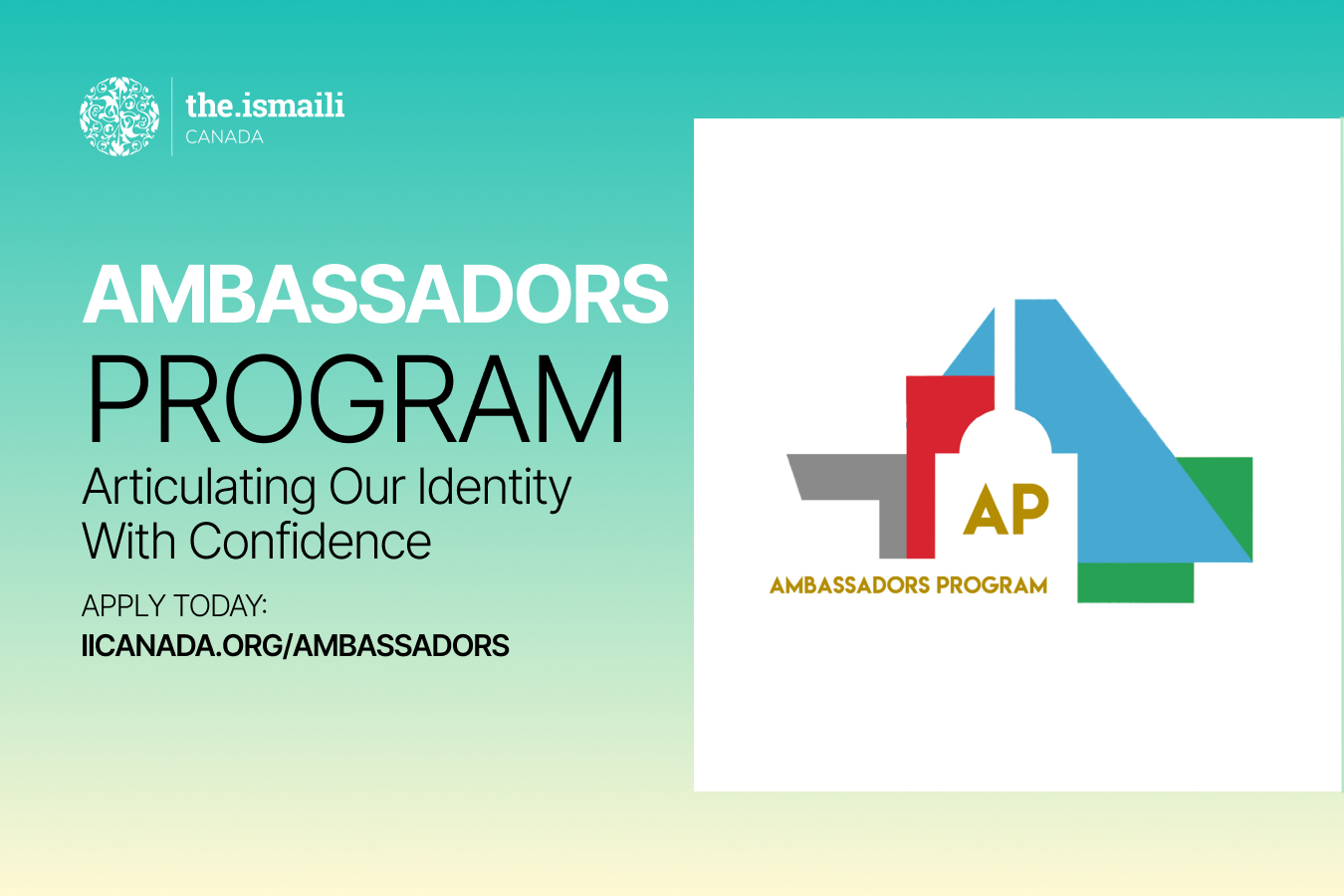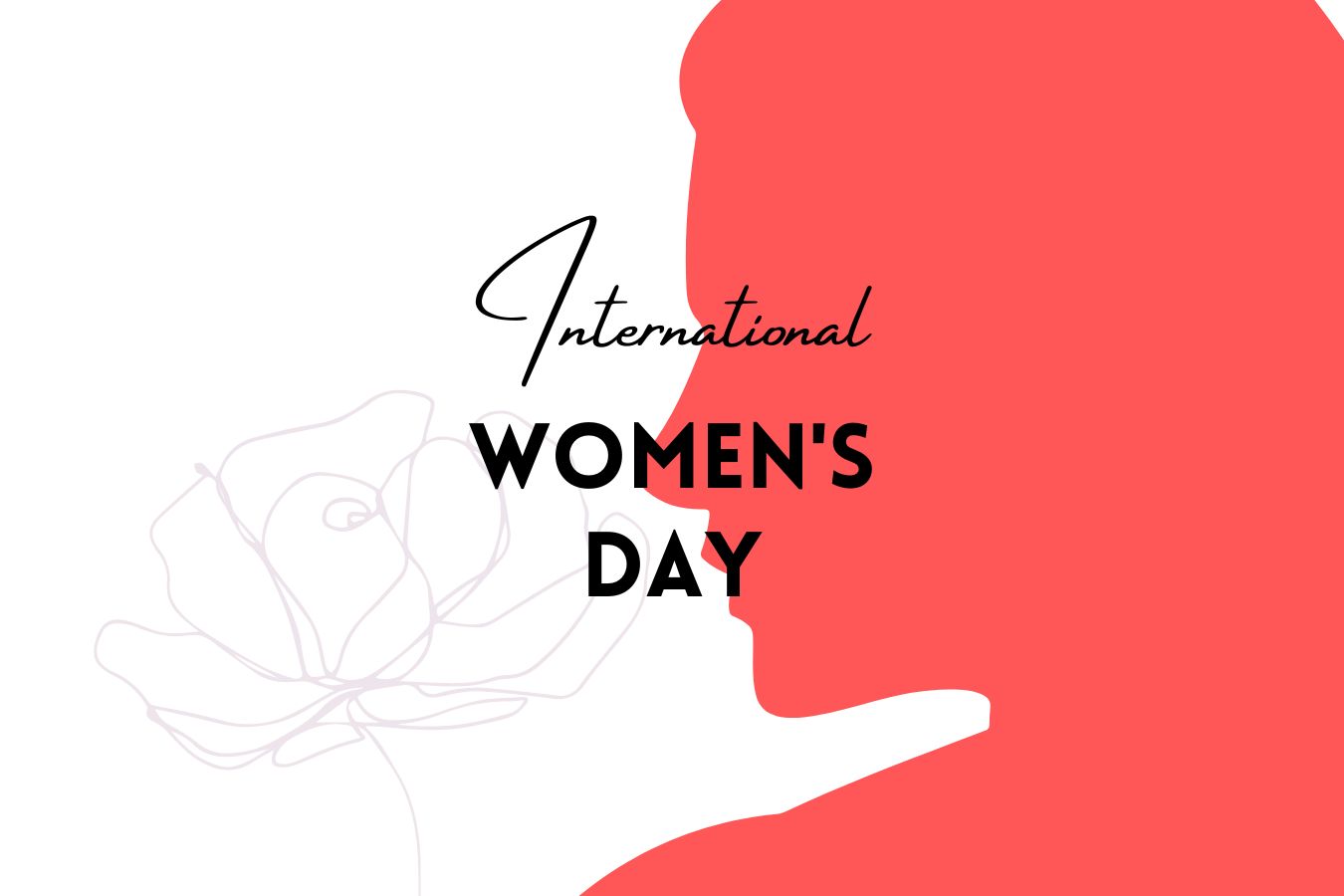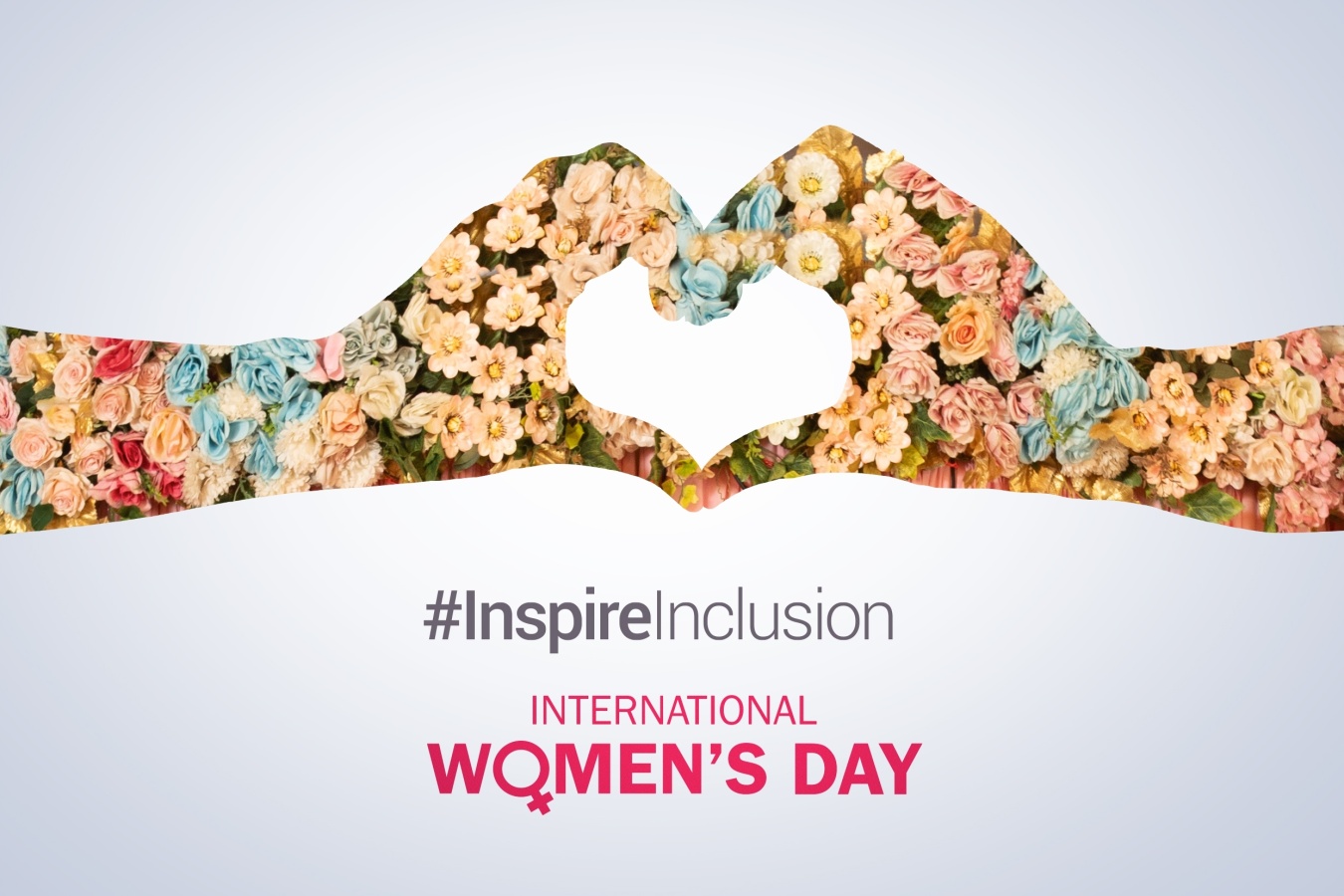
Global Encounters Programme: Learning Through Service
Photo: Ziana Nathoo dressed in traditional clothing. (Courtesy: Ziana Nathoo)
Alia DharssiApril 4, 2017
When Yasmin Rajwani visited a government school in Hyderabad in July 2016, she saw a large mural that depicted the world with the Soviet Union. Because of the outdated map, the local students didn’t know the locations of many countries where Ismailis live, including Syria, Tajikistan and Afghanistan.
This was a surprise to Rajwani, a grade 11 student from Burnaby, B.C. who is passionate about global issues. So she, along with other young Ismailis in the Global Encounters Program at the Aga Khan Academy – Hyderabad, decided to paint a new, updated mural for the school, which served students in grades 6 to 10.
“We really wanted to give them a sense of the world at large,” said Rajwani. By the end of the project, she said, she learned just as much about the world from the local students as they did from her.
Service projects like the one Rajwani participated in are a core part of the Global Encounters program. Established in 2013, it draws hundreds of Ismaili high school students from around the world to the Aga Khan Academies for an intensive four-week program during which they develop deep friendships with their Ismaili brothers and sisters from around the world.
They also get first-hand experience with development issues by visiting AKDN projects, identify avenues through which they can perform service on their own, and explore the history of the countries they are in.
Learning through service
Rajwani and the other Global Encounters students with her were visiting the school in Hyderabad trying to decide on their service project when they saw the outdated world map.
They settled on painting a new mural in the hopes of improving geography education. For Rajwani, the project turned into a life-changing experience.
“Whenever we come from a Western context, we think we’re going to help them. That perspective was immediately turned around,” she explained. “We were learning from them almost as much as they were learning from us, or even more.”
While the Global Encounters students planned a design for the mural in advance, they quickly realized the local students had many good ideas to contribute. As they incorporated the different views and made sure everyone had a chance to participate, Rajwani became a more confident leader.
She was also struck by how the lives of the Hyderabadi girls differed from her own. In one case, she became friends with a girl who proudly declared her father was supporting her goal of becoming a doctor. This made Rajwani realize many local girls didn’t have the same opportunities girls do in Canada.
Thousands of miles away, Ziana Nathoo, a grade 12 student from Vancouver at the Global Encounters Program in Mombasa, was having a similarly eye-opening experience. Along with nine other Ismailis, she was volunteering at an elementary school in Mombasa. The school had two computers, but both were broken. Meanwhile, its library was often closed and the books inside were disorganized.
After interviewing students and teachers as part of a “needs assessment,” Nathoo and her group settled on several service projects, including a health and drug awareness program and a refurbishment of the school’s tattered library. They also repaired the computers.
In order to discourage the local students from experimenting with drugs, which was a significant problem, Nathoo’s group created a club where students could meet every week to learn about how drugs would negatively affect their health. They recruited a teacher to ensure it continued after they left.
She also spoke proudly about her group’s effort to refurbish the school’s library and organize the books inside. They organized a reading program in which an upper-year student would read aloud to younger ones every week and convinced the teachers to keep the library open for students to explore whenever they wanted.
For Nathoo, one of the most valuable aspects of the experience was carrying out the projects in a limited amount of time. The students visited the school just four times during their four-week stay in Mombasa, though they spent many more days planning their activities.
“The biggest thing I learned is how to navigate through challenges,” said Nathoo. “You have to find a way to succeed in whatever you’re trying to do.”
Forging global connections
In addition to its emphasis on service and leadership, the Global Encounters program gives students the opportunity to learn about the pluralism of the Ismaili community, form friendships with Ismailis from around the world and explore their roots.
Participants have an opportunity to showcase their traditions through cultural activities and daily Jamati ceremonies, during which students honoured the traditions of different parts of the world on different days.
“Just seeing so many Ismailis from different parts of the world was so astonishing,” said Rajwani, adding that their shared faith made it easy for them to connect in spite of some language barriers and cultural differences. And they continue to keep in touch.
She added that a particularly valuable part of the program was the chance to see India and visit historical sites, including the Taj Mahal and a historical mosque in New Delhi. “Really reconnecting with my roots was something I was able to do with this experience,” she explained.
For Nathoo, one of the best parts of the program was the connections she made. She still speaks to her Global Encounters friends everyday. “You meet people from all over the world. You learn about their ways of life,” she said. “Now I have a friend in Syria who tells me about the struggles they have to endure everyday at a time of conflict.”
Eager to share what she’d learned with her peers in Vancouver, Nathoo asked her school to honour Syria in its Remembrance Day activities and Skyped in her Syrian friend for a conversation with her class.
“It’s changed my outlook on my daily life,” she said.
Connecting with their faith
The Global Encounters Program also gave Rajwani and Nathoo a chance to think more deeply about their faith, including discussion on how Muslims are perceived today and how to communicate their beliefs to others. Their service projects helped them reflect on the importance of volunteerism to Ismailis.
“I feel more connected the my community,” said Nathoo, who hopes to become a dentist and use her skills to help those in need in developing countries. Both girls urge all interested students to apply. “It’s a once-in-a-lifetime opportunity you will get to connect with your brothers and sisters from around the world,” Rajwani said.




